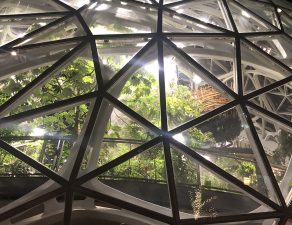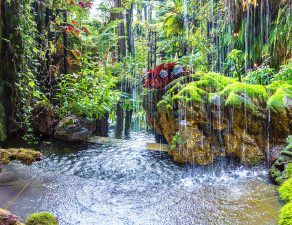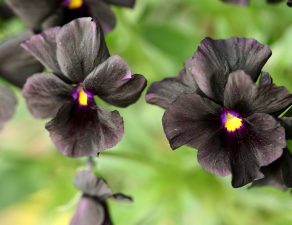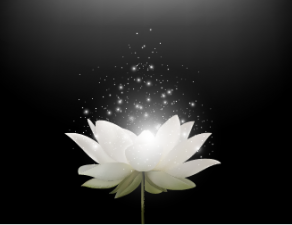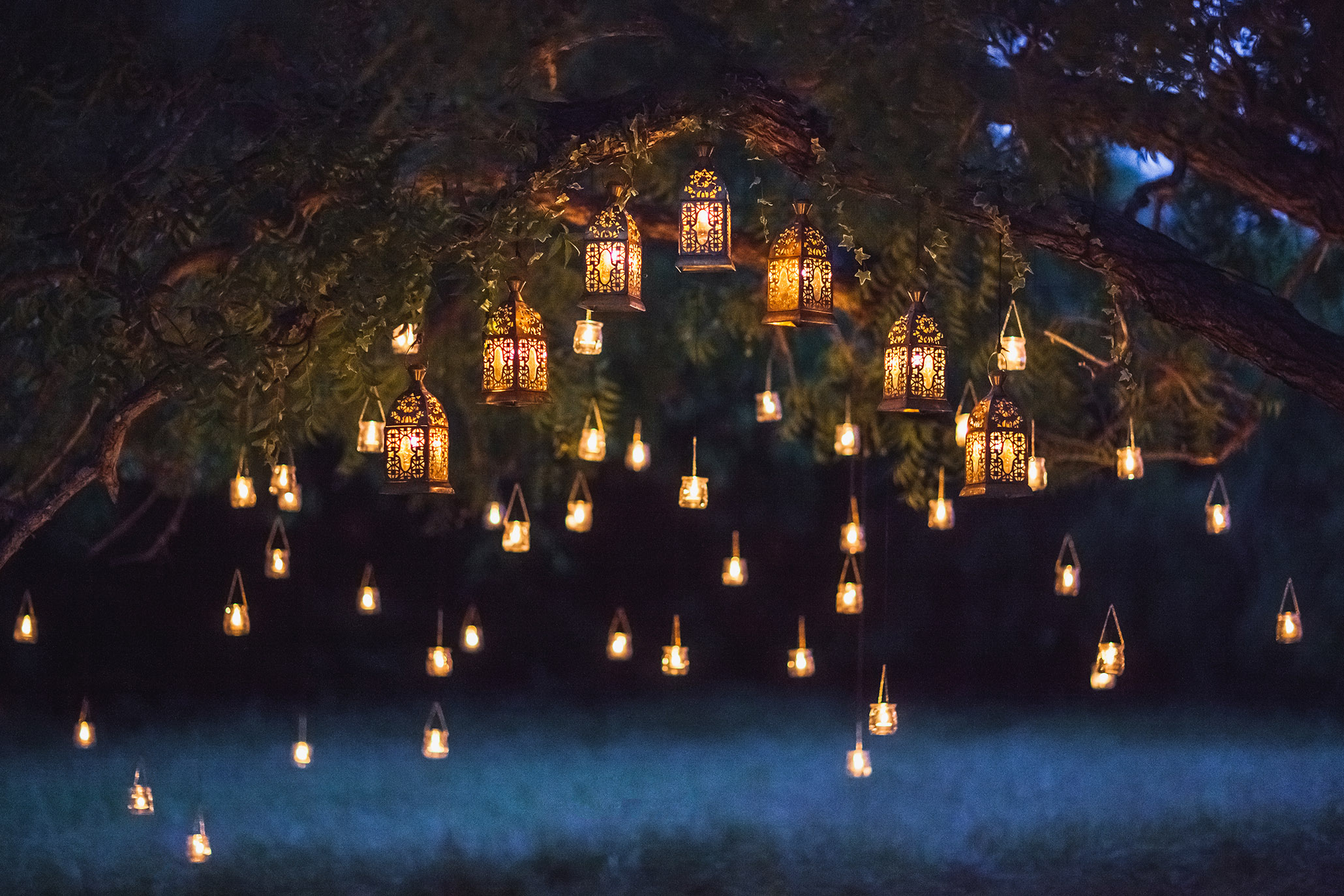
Imagine relaxing on your porch or patio, admiring the beautiful blooms and sensuous scents of your garden… at night! Yes, there are plenty of flowers that bloom only at night, offering you the chance to create a unique landscape that even night owls will enjoy.
Typically, we think of flowers blooming during the day, but why? Many pollinators can only fly during the day, because they require a minimum temperature to even begin moving about. Additionally, these insects might prefer to be active in the daytime in order to avoid certain predators. Therefore, many flowers evolved to bloom during the day, when their primary pollinators are able to do their work.
By contrast, some pollinators are only active at night. So some species of flowers learned to match their blooming times to these patterns, to help themselves propagate.
And it’s not all about the blooms! Some flowers also release their scents at night, to help their preferred pollinators locate them. They might even produce more nectar during these times, too. So, while you enjoy flowers by moonlight, you will also appreciate the lovely aromas of these night bloomers.
Just what are these nocturnal pollinators, anyway? Various species of insects and animals flit about in the dark, such as…
Moths (particularly hawk and sphinx moths)
Squash bees (who rise just before dawn and finish their work when the sun rises)
Some types of beetles
Bats, who prefer cactus
As we mentioned, bats really enjoy a fleshy, juicy cactus. In fact, the landscape of the western side of the US would look drastically different if not for bats! They are the primary reason cacti get pollinated and reproduce.
As for your flower garden, in order to enjoy nighttime blooms you would choose moonflowers, evening primrose, four o’clocks, night gladiolus, and night-bloom water lilies, centrum (night blooming jasmine) among others. If you’d like some input on planning a garden that provides plenty of night blooms and aromas, please give us a call. We’ll be happy to help you with your new landscape addition.



